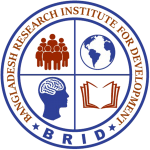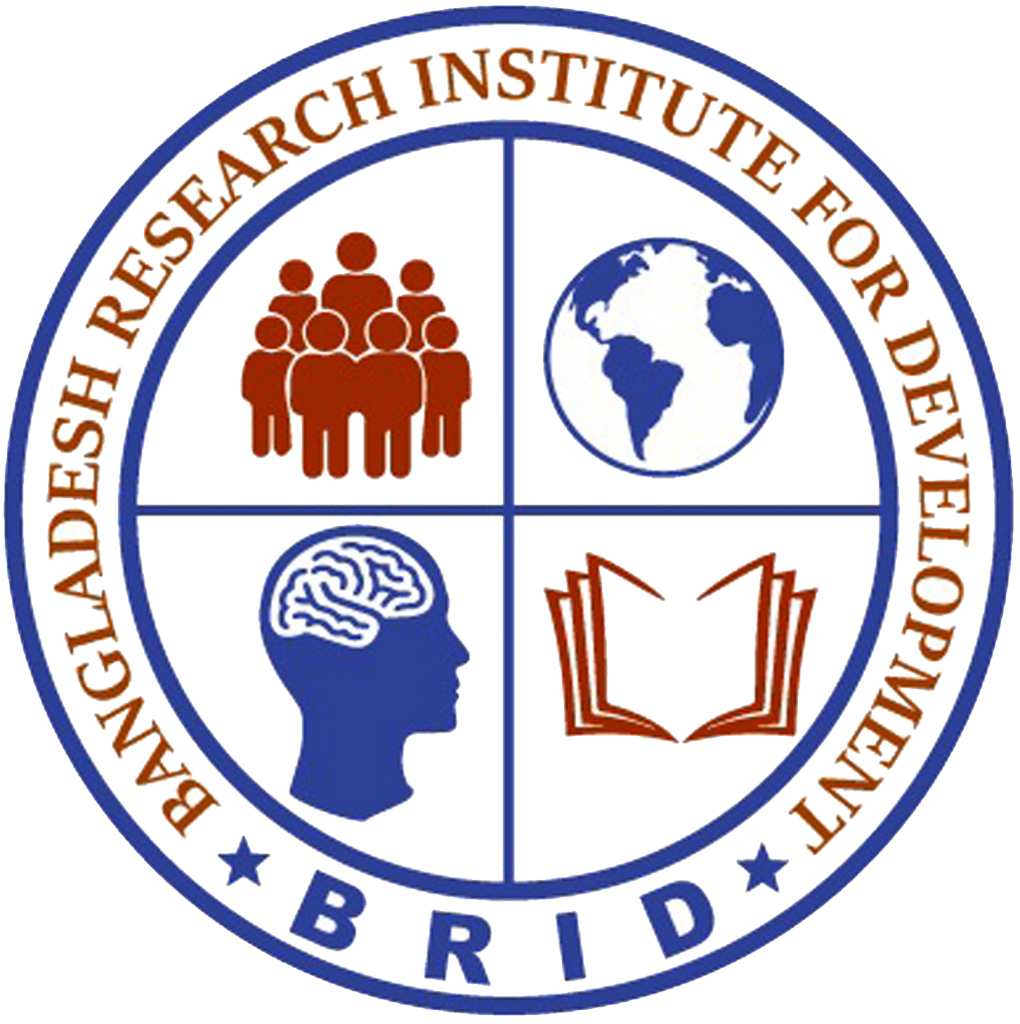Overview
The Bangladeshi government has implemented measures to improve the rights of people with disabilities, including the Rights and Protection of Persons with Disabilities Act. However, many disabled individuals still lack knowledge about their rights and face socio-cultural norms based on gender stereotypes. Social inclusion and participation are crucial for individuals with disabilities, who often have low socio-economic and political status. Raising public awareness about these laws can help to encourage their participation. Women in Gaibandha face rigid gender norms, leading to gender-based violence. People with disabilities face barriers to accessing education, training, and services; only 17.3% have a primary school-going boy child and 4.4% have children with disabilities. A gender-neutral and socially inclusive society is necessary for gender equality, equity, empowerment, and inclusion of all men and women, regardless of their gendered locations or physical attributes. Policymakers and community stakeholders should speed up the flow of information, be supportive, and encourage women and people with disabilities to participate in development and empowerment schemes funded by community-based development projects.

